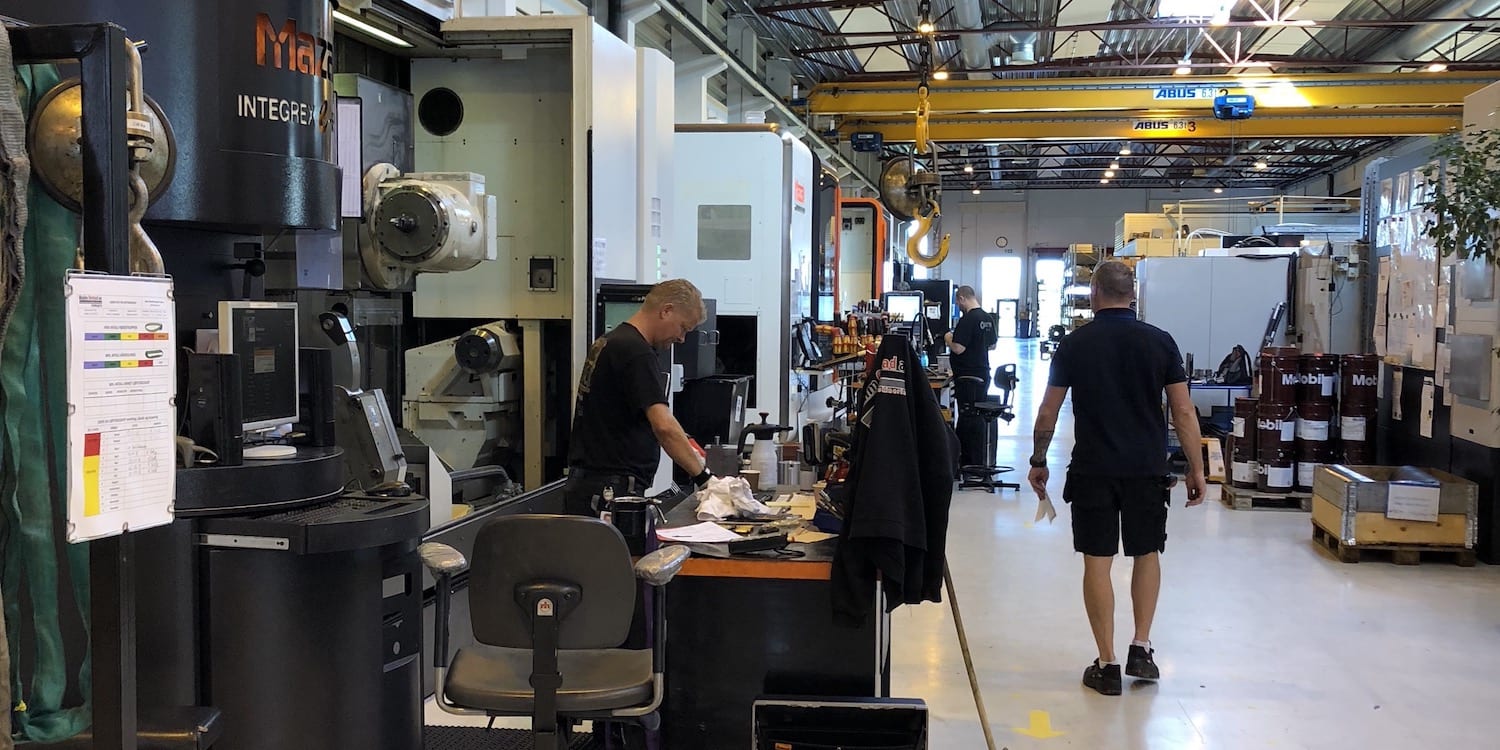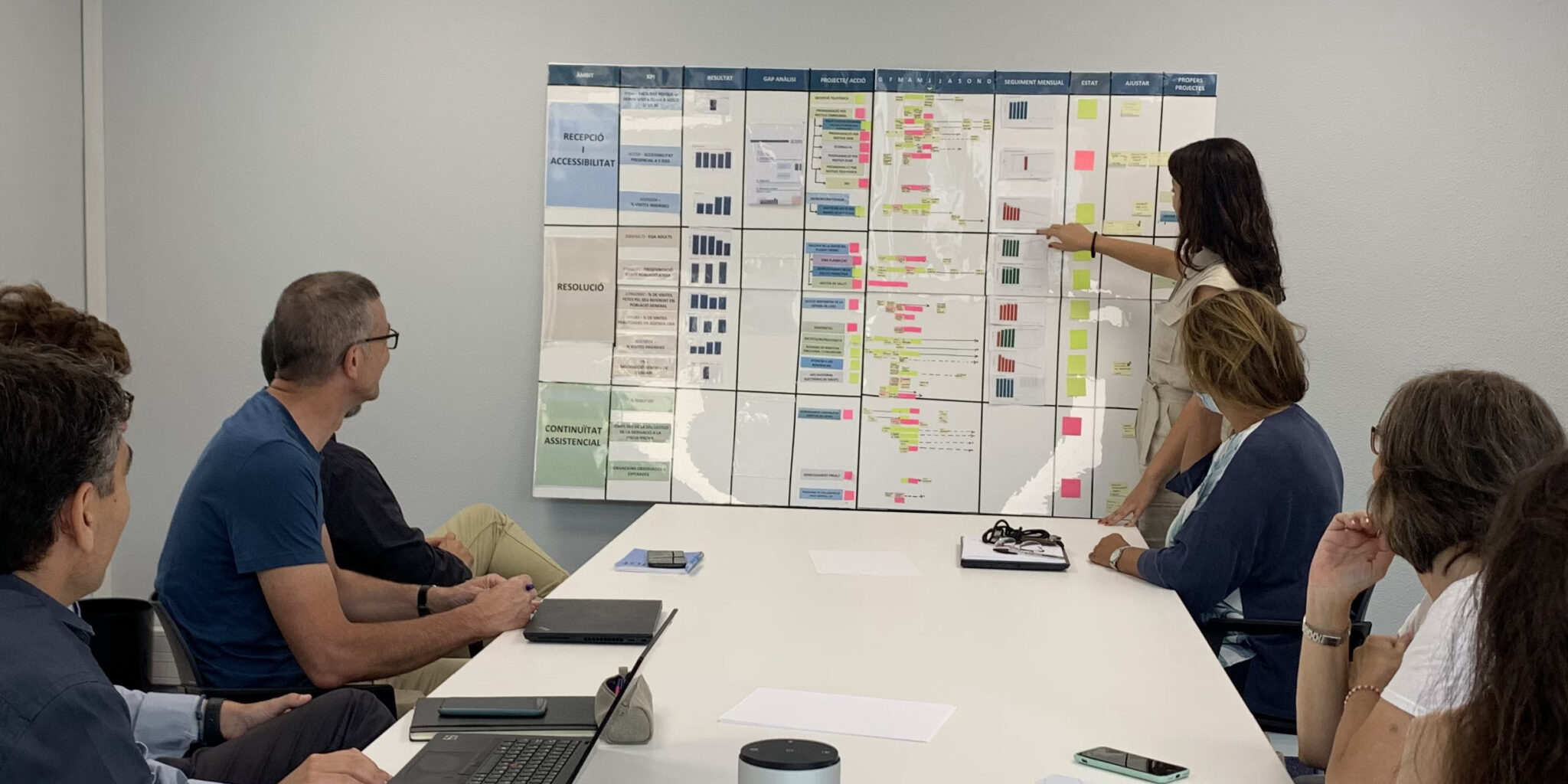
Trust your people and give them access to knowledge
COLUMN – As lean teaches us, a command-and-control approach to management is bound to fail. What we need instead is trust in people, and decentralization of knowledge.
Words: Boaz Tamir, President, Israel Lean Enterprise
In business, there is often a big difference between expectations and reality. Typically, when things go south and a strategy doesn’t bear fruit, leaders tend to tighten the reins and lose trust in the people around them – in some cases, they are in complete denial.
This is because, in an attempt to gain control that has historically failed over and over again, traditional management has built itself an “organizational machine”, designed by industrial engineers (embracing Taylorism), that aims to maintain centralized control by enforcing a hierarchical structure. This has many faces: automation, robotics, managerial planning tools, material requirements planning (MRP) systems, cameras and sensors, and so on. In a way, all of these are an expression of this fundamentally flawed view of management, and it is important to recognize that none of these provide any sort of security for a manager who has is struggling to take the firm to the next level.
So, what can managers do to gain control and advance their organizations? Though it might be counter-intuitive to some, they should decentralize control of the organization, dispersing it among different teams of professionals. This will encourage people at the gemba to take the initiative to find new paths and improve the situation, which will in turn generate a new standard that will guide the whole of the business. Trust breeds responsibility and unleashes creativity. This, in turn, leads to innovative breakthroughs. Conversely, threateningly enforcing discipline from the top chokes inspiration and motivation.
Technology itself should be used to support and enable learning systems, rather than as a tool of command-and-control. Big Data and Machine Learning, for instance, provide researchers with an opportunity for broad simulations, experiments and in-depth analysis that can lead to an understanding of the changing nature of the marketplace – think of social trends or customer behaviours and preferences. But they were never intended for the tracking and monitoring of workers. For entrepreneurs and business managers such technologies should be tools for grasping the situation while on the move, for encouraging autonomous team work, trial and error, and real-time problem solving.
Decentralizing control is just as important when we talk about knowledge ownership within the organization. Making knowledge readily available to everyone is not only a fundamental show of respect for people, it is also a game-changing measure that rightly makes information void of any political power. In an environment of decentralized decision-making, knowledge should belong to anyone who needsit, rather than to the people who have created (or purchased) it. Transferring ownership of knowledge from the creator to the user is the basis for generating trust across the teams in the organizations. This way of thinking also represents the foundation of Toyota New Global Architecture (TNGA) product development attempt, which we at the Lean Global Network had a chance to learn about last month in Japan.
Believe me, when problems arise that threaten the very existence of your business, as a manager you will want up-to-date knowledge to be standard available to every person in the organization – it’s your best bet to ensure that informed decisions are made that will save your company from its otherwise certain demise.
Empowered thinking teams create ideas and examine them in controlled experiments that will gradually transform the organization. Companies like Toyota, Spotify, Disney, Google and Amazon were famously able to forgo their dependence on a hierarchical system that facilitates managerial control in favour of autonomous teams able to continuously generate new knowledge. In such organizations, innovation does not belong to a few privileged individuals; rather, it is a result of everybody’s access to knowledge and ongoing participation in teamwork, much like in an ant colony.
Indeed, if businesses were to take nature as a model, the first lesson they’d learn is that there are no shortcuts to evolutionary development. You can accelerate the speed at which you learn (by studying interactions between factors and by understanding side effects), but you can’t skip the learning altogether. Evolution is a continuous series of experiments – some successful, some not – that are only possible in an environment where people are free to think for themselves, motivated, engaged in teamwork, and able to access the knowledge they need when they need it. This is the only path to innovation and, on certain occasions, survival.
THE AUTHOR

Read more


WOMACK'S YOKOTEN - Senior leadership must learn to understand the work if they are to move away from the mindless metrics that lead managers to "game" numbers or to shift responsibility on to other departments.


FEATURE – With one of the biggest lean events of the year just four days away, John Shook tells you why you should participate and what you can expect.


FEATURE – This Norwegian company has come back from the brink of bankruptcy by rallying its people around a common set of values, by leaning out its processes and by involving its leadership team.


CASE STUDY – How do you give hundreds of primary care units the tools and knowledge they need to make improvements? The Catalan Health Service found the solution in hoshin kanri.

